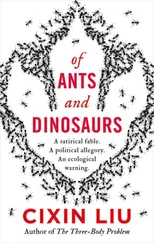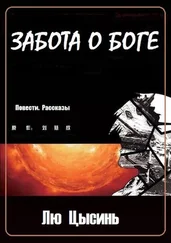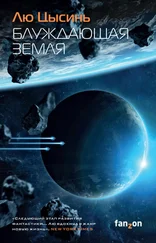* * *
The Supernova War was the first children’s war in human history, and from the start it demonstrated their society’s idiosyncrasies. The adults of the Common Era had no capacity to imagine a war that took the form of a game and proceeded according to the rules of a sports tournament.
Despite the deployment by all the countries of over a million troops, and the bases lined up at fifty-kilometer intervals, peace and calm reigned. There was even communication and interchange among the bases. Were it the adults’ era, war would already have broken out. For example, sea transport lines between the countries and their Antarctic bases were fragile and it was impossible to obtain supplies locally from the untilled land, which meant that a strike severing those supply lines would cause a disastrous collapse of an enemy’s land base. The children did the opposite: the fleets of major powers assisted weaker countries in transporting personnel and material to take part in the games.
Why this occurred is one of the strangest aspects of the children’s war: None of the countries had yet learned who their opponents would be. They were all just athletes at the Olympics, and only when the order of play was set would they know who they would be fighting. And they would be pitted against different opponents in each competition. Although diplomacy was constantly being conducted both openly and in secret, no alliances were formed, and all countries maintained complete nonalignment as they waited on the Antarctic playground for the start of the war games.
* * *
After they left the Japanese base, it was another two-hour drive before the Chinese children reached the American base. It was their first visit, and the scale of the place amazed them. It stretched out along the coastline for twenty-odd kilometers, dense clusters of tents and temporary buildings as far as the eye could see. Some of the buildings were quite tall, and sprouted forests of antennas from the rooftops. Radar antennas were distributed in large quantities throughout the base, half of them in white radomes that looked as if some gigantic bird had laid a clutch of eggs at random.
Surrounding the base was a web of rough roads on which all manner of military vehicles were passing by, kicking up clouds of dust alien to Antarctica and befouling every last stitch of snow along the way. Nearer to the impromptu harbor along the coast, mountains of goods of all kinds were piled up near the water. A row of large landing craft had just arrived and opened their black maws toward the shore to disgorge tanks and armored vehicles. The giant iron beasts crossed the shallows to dry land, and the ground shook as they rumbled on both sides of the Chinese children’s snow track. An unending line of transport planes flew low overhead, their enormous shadows flitting across land and sea in the direction of the airstrips, which had been set up in a hurry out of specialized perforated steel plates.
The summit of participating countries was held in an expansive hall constructed out of inflated building material. It was brightly lit and heated to springtime, and the ceiling was filled with balloons in all colors. A military band was playing a cheerful tune, as if this were a holiday celebration. When the Chinese children entered, most of the other leaders were already there. President Davey came over to greet them, and then led them to a long table in the center of the structure where other leaders were munching heartily. Over a hundred metal helmets were laid out on the table, each of them brimming with some sort of shiny substance.
“Try it. Krill from the Ross Sea.”
Huahua picked up one of the translucent krill, and then peeled and ate it. “Raw?”
Davey nodded. “Don’t worry. Everything is clean in Antarctica.” He handed Specs a glass of beer, and then took a few chunks of ice out of a tray on the table and dropped them in the glass, where they hissed and fizzed. “Natural Antarctic ice. It’s got high gas content. The finest restaurants in Europe used to source it specially. It’s quite expensive.”
“It’s all going to disappear pretty soon, judging from the oil slick along the shoreline,” Specs said.
“I’d like to discuss a topic not on the agenda of the meeting,” Huahua said, finding Ōnishi Fumio on the opposite side of the table and pointing a finger at him. “You need to stop the Japanese children from overfishing whales. If this goes on, whales will be wiped out in Antarctica in short order.”
Ōnishi set down his krill and answered with a sneer, “Focus on the games. Otherwise you’ll be wiped out.”
“That’s right, focus on the games,” Davey called out eagerly. “That’s the goal of this meeting. It’s been four months since the last one in D.C., and now that every country has brought a decent amount of naval and land forces to Antarctica, the games can begin. The thing is, no one knows how to play! That is the focus of this discussion. First off—”
“Mr. President, I should be chairing this meeting!” Yagüe said from one end of the table, banging on it with an empty helmet.
“Oh, fine. Mr. IOC President, if you please,” Davey said with a slight nod.
Throughout the first, and final, UN session of the Supernova Era, Yagüe in his capacity of secretary general had tried to restore the doomed international organization, but eventually even he came to the realization that his efforts were pointless, and he ended up sitting all by himself in the ruins of the UN Secretariat with nothing to do. The tower was dark and rumored to be haunted. It was said that when the light of the Rose Nebula shone through the collapsed roof of the General Assembly building, Roosevelt seated in his wheelchair would appear on the half-ruined rostrum, with the UN secretaries general taking turns pushing him. If it was moonlight that shone in through the roof, the hall would echo with the sound of slapping, as if Khrushchev’s ghost were rapping his delegate desk, not with a shoe, but with Kennedy’s skull…. These rumors gave Yagüe the creeps, bad enough that he had to resort to liquid courage at night. Just as he reached his breaking point, he received an invitation from the newly re-formed International Olympic Committee, tasked with organizing the war games, and gladly accepted this new position.
Yagüe waved to either side. “Stop eating, everyone, and sit down. Act like you’re in a meeting.”
The leaders took their seats along the table and put on their translation earpieces, although some of them still snitched a krill or two from the helmets in front of them.
“I told you to stop eating! Mr. President, please have someone take all that away!” Yagüe said.
Davey looked sidelong at him. “Mr. Chairman, you need to understand your position here. You’re just the moderator of the games. You have no power to give orders.”
Yagüe stared at him for a few seconds, and then spat to one side. “Fine. Then let’s begin. I’m sure you all know the national leaders present, so there’s no need for introductions. However, also present today are each country’s top military commanders. Shall we have them introduce themselves?”
The young generals took turns. In their tailored officers’ uniforms with gleaming golden stars on their epaulets and colorful ribbons and medals on their lapels, they cut far more impressive figures than the adult generals had and added considerable luster to the venue.
The last to make an introduction was the chairman of the Joint Chiefs of Staff of the United States, General Scott. When he first took office, he had waffled over modeling himself after Eisenhower or Bradley or Patton or MacArthur, and had changed styles daily, to the bafflement of his young staffers. Today he had chosen MacArthur. He had ordered a staffer to prepare him a corncob pipe, but such a thing couldn’t be found in Antarctica. The staffer brought him a big, shiny black briar, sending the general into a rage. Now he didn’t salute as the other generals had done, but waved the pipe at everyone and said, “You twerps, just you wait! I’m gonna beat you so hard you’ll piss your pants.”
Читать дальше
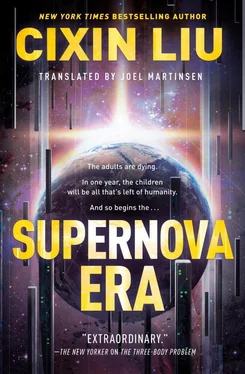
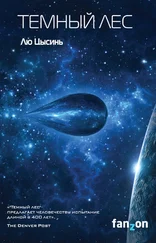
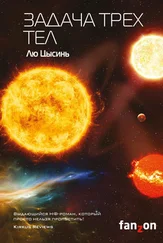
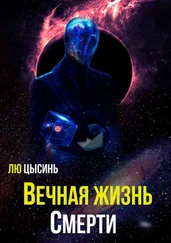
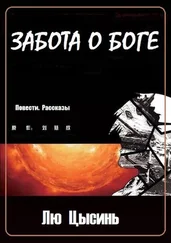
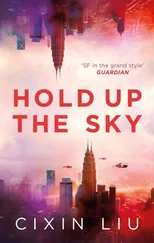
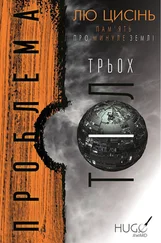
![Лю Цысинь - Эпоха сверхновой [litres]](/books/393110/lyu-cysin-epoha-sverhnovoj-litres-thumb.webp)
